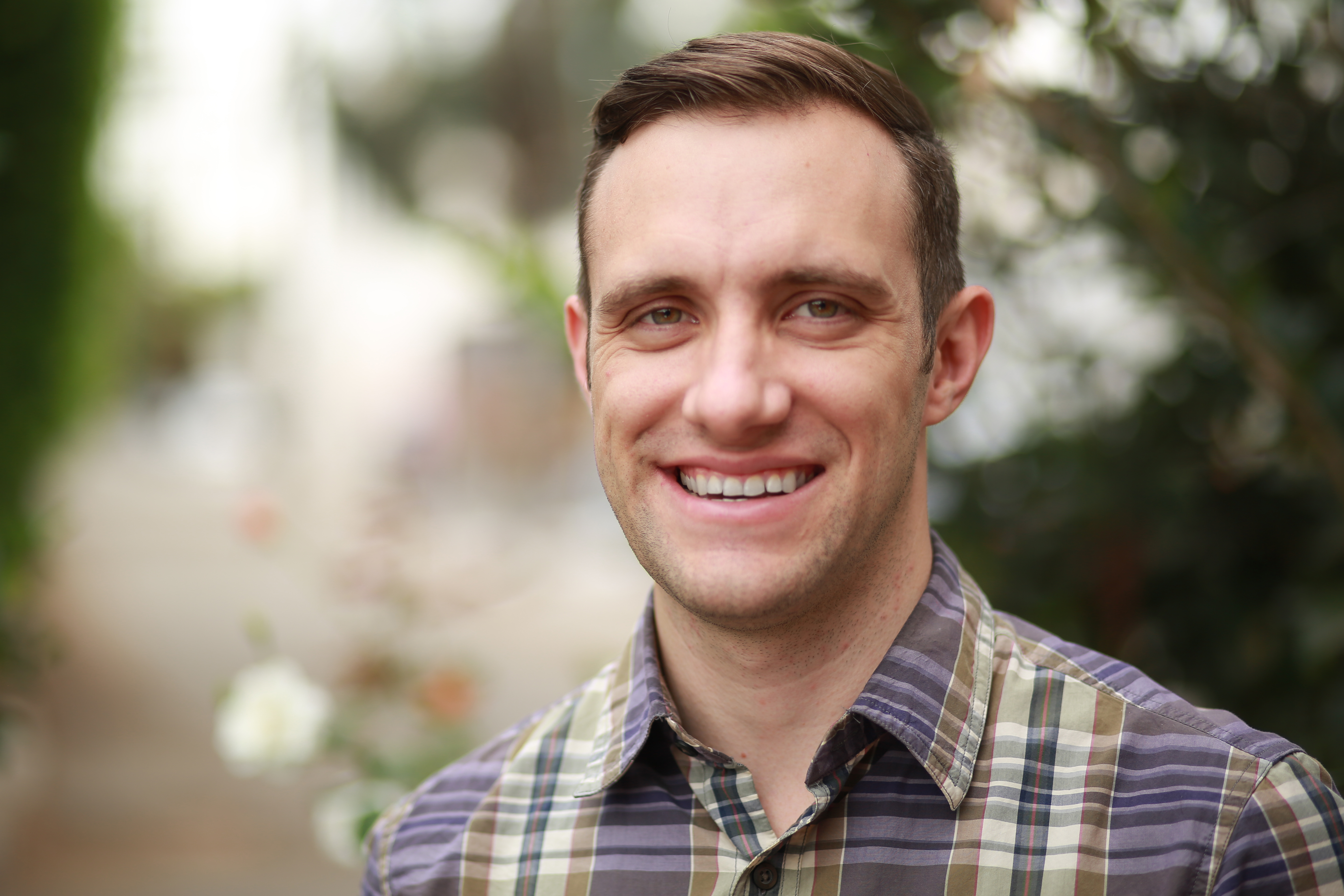Mike Brown and Trayvon Martin: Examples of Why We Should Seldom Put Our Faith in the Courts...

By:
We've seen this movie before.
With the grand jury decision not to indict police officer Darren Wilson, there is considerable angst among those of us concerned with fairness in our justice system -- much like what we felt after the Trayvon Martin verdict. A sense of helplessness is palpable in the protests we've seen on TV, on social media, and in living rooms across the country.
There's never a sure bet that our system will get to the truth. Juries are unpredictable. Witnesses not always reliable. Physical evidence often lacking. And any time the defendant is a police officer, like in Ferguson, the victim's supporters have an uphill battle if the shooting was not recorded on video. That's true in all cases, but what makes the killings of Trayvon Martin and Michael Brown so tough to swallow is everything else. It's not as much the who, what, when, where as it is the underlying causes -- racial politics, privilege, gun laws, inequality, and police procedure. The Michael Brown case shined a light on a forgotten pocket of America where hundreds of years of history weigh heavily on every interaction between citizens and their local government.
Our courts, however, don't care about those outside issues. The criminal justice system is limited to facts of specific cases, filtered through an evidentiary system. A court can only make a ruling on the case before it. Judges and juries cannot pass legislation protecting unarmed black men. They cannot ban handguns. Neither can they enact laws that provide for good schools or fair wages that might bring jobs and prosperity to bleak places like Ferguson. Each time I see one of these trials, my chest tightens when I think about the people depending on the courts to deliver satisfactory justice. Even if the system was perfect, the courts are not designed to be a mechanism for social change.
That's not to say the protests in Ferguson were without meaning or that demanding justice was not a worthwhile cause. It was. The risk over the next few weeks, though, is that those deeper, fundamental inequalities that led to the death of Michael Brown will be lost in the minutia of Nancy Grace or racist trolls on Twitter. My hope is that feelings generated over this case can be channeled into something sustainable -- whether it becomes a coalition for laws requiring police to wear body cameras or new efforts at drug sentencing reform or something else.
We also need to pay attention to local elections. Who is your mayor? Who is your police chief? Who is on the school board? Ferguson, like many of its neighboring cities in St. Louis County, is a predominantly African-American community that is somehow controlled by white politicians. How does that happen? I can't speak for Ferguson, although we know it has had very low voter turnout. What I do know is that the narrow focus, particularly among young people and minorities, on national issues and presidential politics is self-defeating. A huge chunk of America is ruled by people who were elected by small percentages of the population. They're not in office because they are evil and gamed the system. They've got power because the rest of us didn't show up to vote. I saw a few of my peers on social media basically swear off politics as a result of last night's decision. I get that. Consider, though, that the conditions that led to the killings of Trayvon Martin and Michael Brown thrive on that frustration and apathy.
As I watched events unfold last night, I could help but think that criminal justice is a terrible place to put our hopes and dreams for a better country. The system designed precisely to ignore the deep societal issues that led to the crime in the first place. If we continue to rely on the courts to make things right, we're going to be disappointed again. Judges and juries apply rules that were made by other people. The question is whether we start paying attention to those other people.

